Of the Main histocompatibility complex represents a complex of genes that produce immune proteins. These proteins are responsible for immune recognition and immunological individuality. They also play a major role in tissue tolerance in organ transplants.
What is the main histocompatibility complex?
Major histocompatibility complexes are formed in all vertebrates. They are responsible for the immune system and the recognition of the body's own proteins. Thus, as part of the main histocompatibility complexes, antigens are presented on the surface of all cells.
All nucleated cells contain receptors for the MHC class I protein complexes. The MHC class II protein complexes are in turn presented by the so-called antigen-presenting cells such as macrophages, monocytes, dendritic cells in the thymus, lymph nodes, spleen and blood or by B lymphocytes. The difference between the two main histocompatibility complexes is that intracellular antigens are presented in the MHC class I protein complex and extracellular antigens in the MHC class II complex.
There is also a third major histocompatibility complex called the MHC class III protein complex. This third complex consists of plasma proteins that cause a non-specific immune response. All three complexes regulate the immune system and at the same time ensure tolerance to the body's own proteins. The MHC class I protein complex is used to identify foreign proteins, such as those from viruses or from degenerate cells. The infected or degenerate cell is destroyed by T killer cells. In the case of the MHC class II protein complex, the presence of extracellular foreign protein activates the T helper cells, which ensure the formation of antibodies.
Anatomy & structure
Both main histocompatibility complexes consist of protein complexes that bind smaller peptides, which are formed from the cleavage of endogenous or exogenous proteins. The MHC class I protein complex is a complex of a heavy and a smaller unit (β2-microglobulin) that have bound the antigen.
The heavy chain contains three domains (α1 to α3), while the β2-microglobulin represents the fourth domain. Domains α1 and α2 form a recess in which the peptide is bound. The peptides are formed in large numbers by the enzyme proteasome from the constantly synthesized proteins. The cytotoxic T cells recognize whether they are degradation products from the body's own or foreign proteins. If the proteins come from viruses or degenerate cells, the killer T cells immediately begin to destroy the corresponding changed cell. Healthy cells are not attacked. The cytotoxic T cells are conditioned for this.
The MHC class II protein complex also consists of two subunits, which consist of a total of four domains. In contrast to the MHC class I protein complex, the subunits here are of the same size and anchored in the cell membrane. Similar to the MHC class I protein complex, a peptide is anchored in a recess between the domains. It is a peptide from an extracellular protein. The T-helper cells, like the T-killer cells, are selected for the body's own proteins.
When peptides from foreign proteins are presented, the T helper cells come into action and ensure the formation of antibodies to bind the foreign proteins. While the immune reaction is cell-mediated in the MHC class I protein complex, it is a hormonally controlled process in the MHC class II protein complex.
Function & tasks
The function of the main histocompatibility complexes is to recognize endogenous and exogenous proteins in order to ensure a targeted immune reaction. Everyone has their own specific proteins. The immune cells (T killer cells, T helper cells) are conditioned to these proteins. Defense reactions are carried out immediately against foreign proteins. This is necessary to protect the body against infection with bacteria, viruses or other pathogens. By presenting the antigens on the cell membrane, the immune system develops a tolerance to the body's own proteins.
The immune cells learn through a selection process to differentiate between sick and healthy cells and between foreign and endogenous proteins. The presentation of the antigens serves this selection process. If the antigens deviate from the usual pattern, the affected cells or the foreign proteins are destroyed.
Via the MHC class I complex, the immune system is constantly on the lookout for degenerate protein or infection with viruses. Modified and abnormal cells are quickly eliminated. The immune system reacts immediately with the formation of antibodies via the MHC class II complex if an infection occurs or foreign proteins penetrate the organism.
You can find your medication here
➔ Medicines to strengthen the defense and immune systemDiseases
However, there are times when the immune system reacts against its own body. In this case the tolerance of the immune cells to the body's own proteins is lost. The exact mechanism of this process is not yet fully understood.
Usually the immune system is directed against individual antigens. This leads to limited reactions against individual organs. In principle, however, the immune cells can attack any organ. So the diseases of the rheumatic circle have an autoimmunological basis. Here the immune system attacks the connective tissue and the joints. Permanent inflammatory reactions occur that can destroy the joint system. Some severe intestinal diseases, such as ulcerative colitis, are autoimmune diseases. Another example of an autoimmune disease is so-called Hashimoto's thyroiditis.
In this condition, the immune system turns against the thyroid. At first there is an overfunction and later an underfunction. Furthermore, allergies represent a malfunction of the immune system. Here the body reacts sensitively to normally harmless foreign proteins. Usually the immune system has learned to accept these proteins because they are constantly acting on the body. These include pollen, grass, animal hair and various dietary proteins. However, antibodies against these proteins are formed via the MHC class II complex. When confronted with the allergens, respiratory problems, skin rashes, headaches and a variety of other complaints often occur immediately.


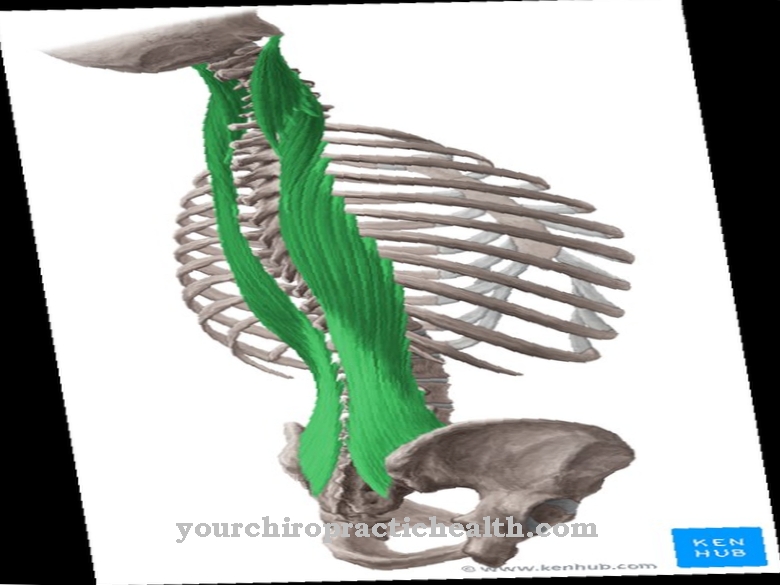
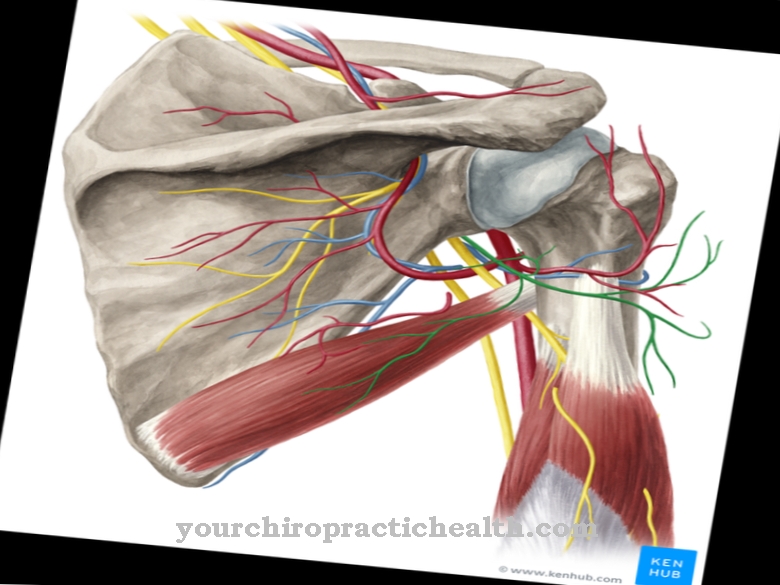
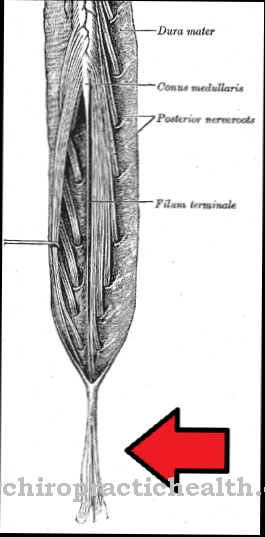
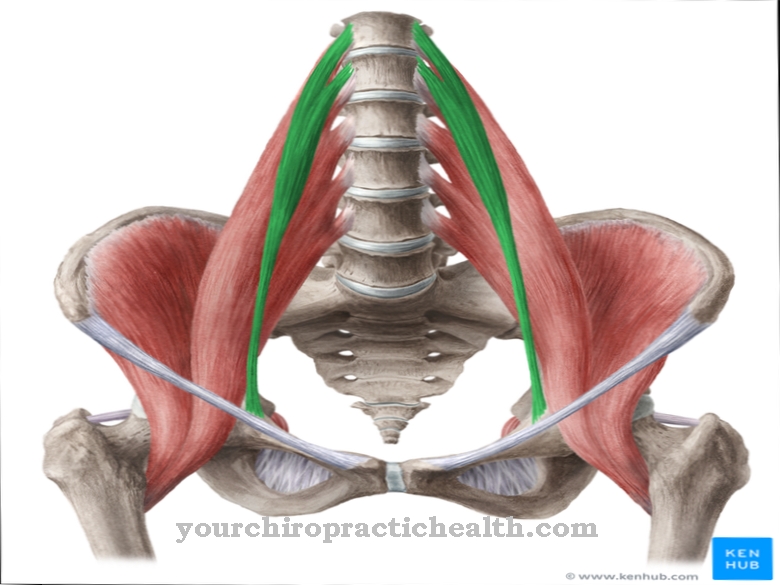
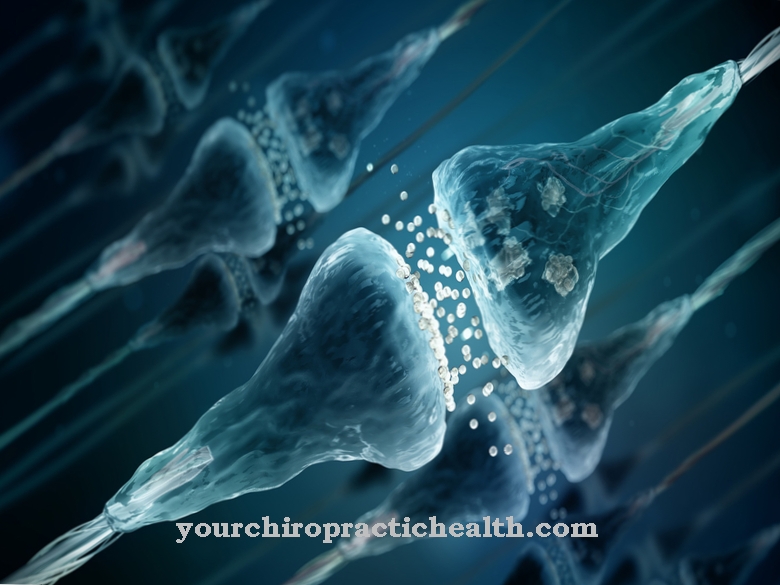






.jpg)

.jpg)
.jpg)











.jpg)